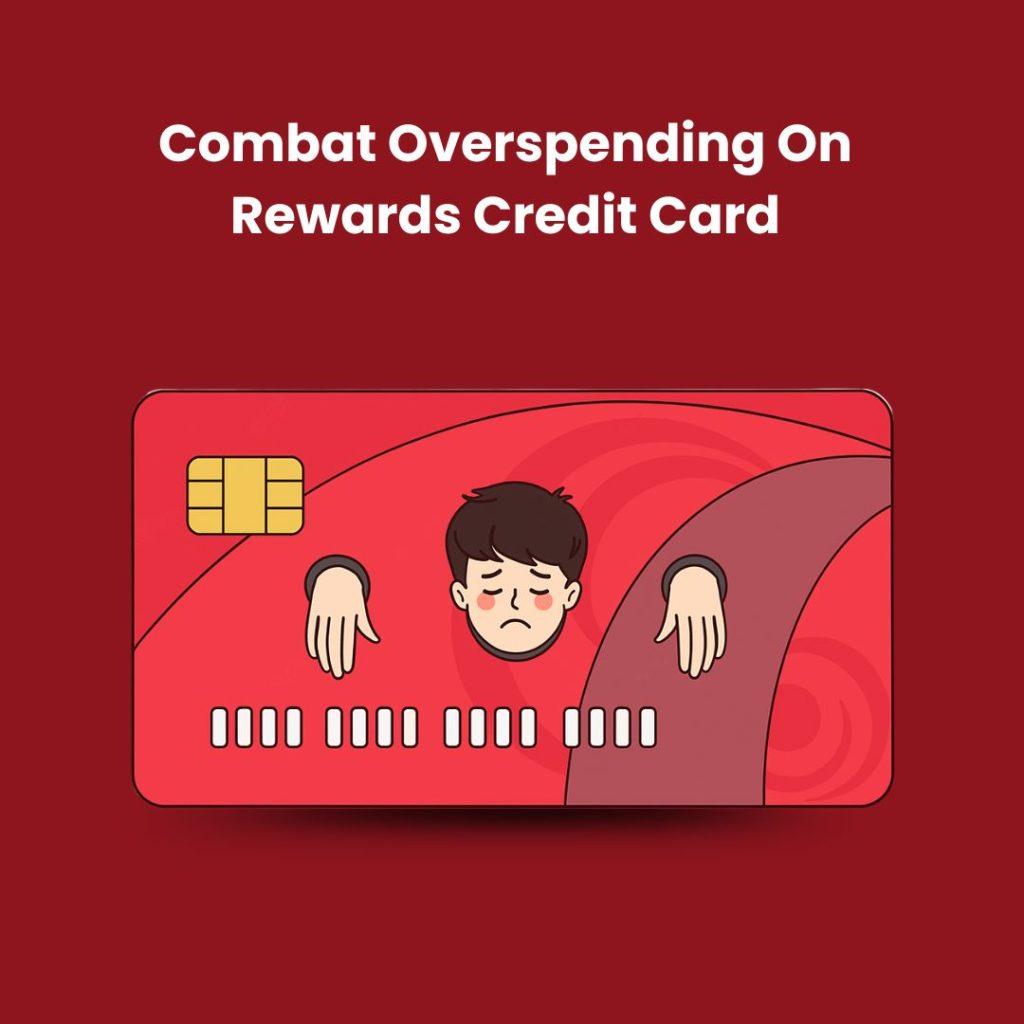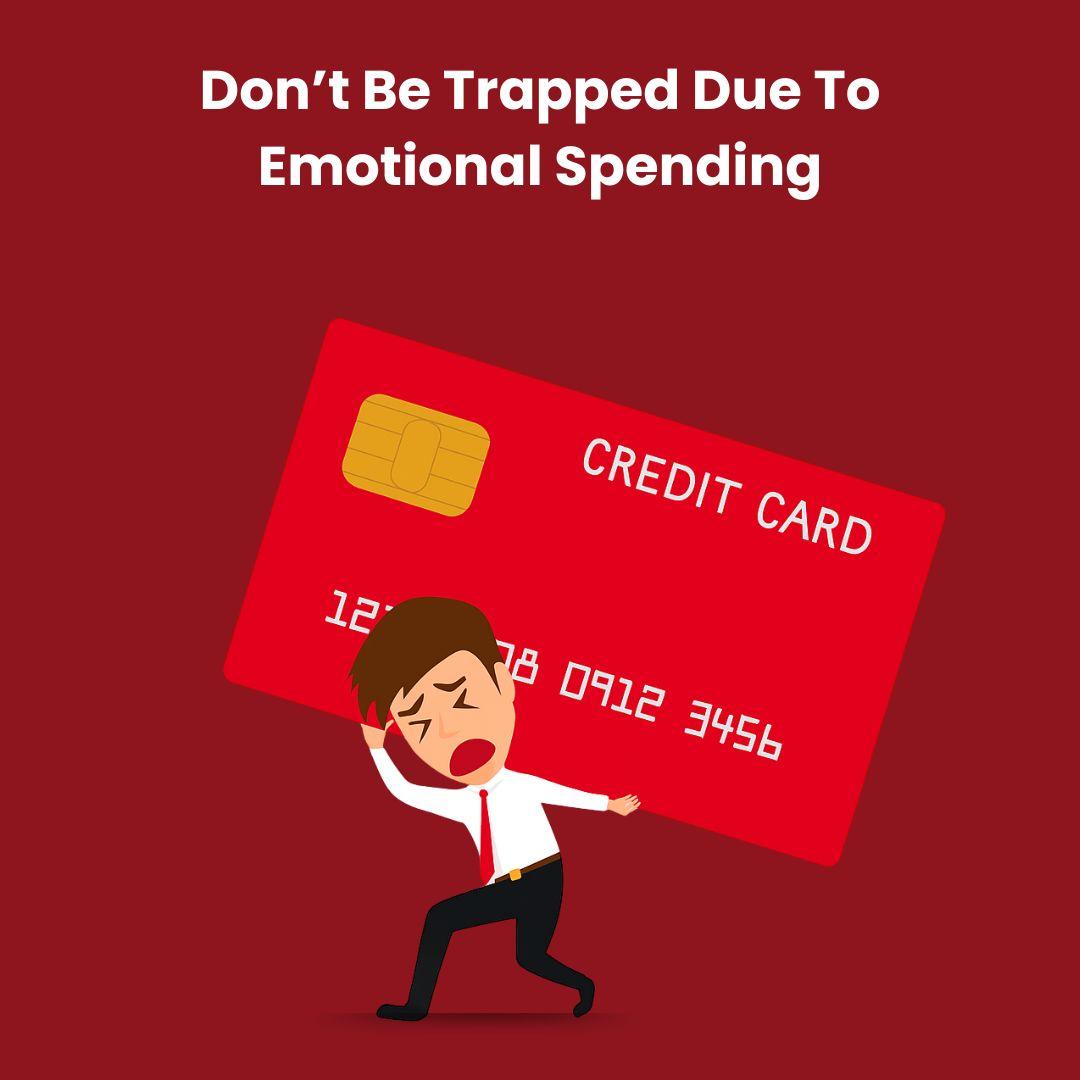In recent years, rewards credit cards have become a popular financial tool among Canadians, offering enticing benefits such as cash back, travel points, and exclusive discounts. While these cards can be valuable when used responsibly, many Canadians find themselves overspending on credit cards in Canada, driven by psychological factors and behavioral tendencies. This blog explores the behavioral science insights behind overspending on rewards credit cards, how emotional spending influences financial decisions, and practical strategies to stay disciplined, especially with premium cards like the Amex Gold credit card or the Rogers Red World Elite MasterCard. By understanding the psychology at play, Canadians can enjoy the benefits of reward cards without falling into the trap of unnecessary debt or financial stress.
The Allure of Rewards: Why Do Canadians Overspend on Credit Cards?
Rewards credit cards are designed to motivate spending by offering incentives like Tangerine cash back, travel miles, or retail discounts. These incentives tap into human psychology, particularly our desire for instant gratification and social status. For many Canadians, the prospect of earning Amex cash back or accumulating points for a dream vacation creates a compelling reason to spend more than initially intended.
Research in behavioral science suggests that reward programs activate the brain’s reward system, releasing dopamine — the feel-good chemical associated with pleasure. This biochemical response reinforces the desire to keep spending, creating a cycle where the immediate benefits overshadow the long-term consequences. As a result, Canadians might justify unnecessary purchases, believing they are getting a good deal, especially when they see rewards accumulating on their statements.
Emotional Spending and the Justification of Unnecessary Purchases
One of the key psychological factors influencing overspending on rewards credit cards is emotional spending. Canadians, like other consumers worldwide, often turn to credit cards during moments of stress, celebration, or even boredom. Rewards programs, with their promise of future benefits, can serve as emotional motivators, making it easier to justify impulsive purchases.
For instance, a consumer might use a card that offers rebates to justify buying the latest electronics or indulge in a shopping spree with the illusion of earning more rewards. This phenomenon, known as “justification bias,” allows individuals to rationalize spending beyond their means by convincing themselves that the rewards earned will offset the expense later.
The Role of Premium Cards and Perceived Value
Premium rewards cards like the Amex Business Platinum Card or the Platinum Card Amex offer exclusive benefits, including travel insurance, airport lounge access, and higher cash back rates. While these perks are attractive, they can also encourage overspending, especially if cardholders perceive the rewards as a reflection of their status or success.
The concept of “perceived value” plays a significant role here. Canadians may feel that owning a premium card signifies financial sophistication or social standing, prompting them to maximize its benefits. This desire to “get the most” from a high-status card can lead to increased spending, even on non-essential items.
Additionally, the allure of earning AliExpress discounts while shopping can further incentivize impulsive buying. When combined with the psychological effect of feeling privileged or elite, overspending on rewards credit cards becomes a behavioral pattern rather than a conscious financial choice.
The Impact of Reward Program Design on Spending Habits
The structure of reward programs can significantly influence Canadian consumers’ spending behavior. For example, credit cards like the Tangerine World MasterCard often feature tiered rewards, encouraging higher spending to unlock better benefits.
Furthermore, rewards programs that provide short-term incentives, such as bonus points for signing up or limited-time offers, can trigger a “herd mentality,” where consumers feel compelled to spend more to take advantage of these deals. This effect is amplified by targeted marketing, which often highlights the benefits of earning top-rated cash back credit cards or special rebates like the Rogers Red World Elite MasterCard.
While these programs are designed to stimulate spending, they can inadvertently promote a cycle of overspending if consumers aren’t mindful of their financial limits. The key is awareness of how program design influences behavior and maintaining discipline despite tempting offers.
The Influence of Marketing and Reward Program Design on Canadian Consumers
Marketing strategies and reward program structures play a crucial role in shaping Canadians’ spending behaviors. Credit card companies often design enticing offers, such as sign-up bonuses or limited-time promotions, to motivate higher spending. For example, limited-time promotions and coupon code campaigns create a sense of urgency, prompting consumers to make impulsive purchases. These marketing tactics are rooted in behavioral science principles, leveraging biases like the recency effect and anchoring bias to influence decision-making. When consumers see attractive offers or high reward rates, they tend to focus on the immediate benefits, often overlooking the long-term financial implications. The design of rewards programs — whether it’s a Tangerine cash back or a Rogers Red World Elite MasterCard — can unintentionally encourage overspending if consumers are not cautious. It’s important to recognize these influences and approach rewards programs with a strategic mindset. By understanding how marketing and program design can sway spending habits, Canadians can make more informed choices, avoid unnecessary expenses, and use their credit cards more responsibly.
How Cognitive Biases Contribute to Overspending
Several cognitive biases underpin the tendency to overspend on rewards credit cards in Canada. These include:
- Optimism Bias: The belief that one can manage and pay off credit card balances easily, leading to increased spending.
- Recency Effect: Recent positive experiences, such as earning a rebate or a discount, influence future spending decisions.
- Anchoring Bias: Relying heavily on initial offers or promotional rewards when making spending decisions, often disregarding the true cost.
- Sunk Cost Fallacy: Feeling compelled to continue spending to justify previous rewards or investments, such as accumulated points or rebates.
Understanding these biases helps Canadians recognize when their decision-making might be clouded by psychological traps, enabling more mindful spending and better financial discipline.

Strategies to Combat Overspending on Rewards Credit Cards
While the psychological factors behind overspending are strong, there are practical strategies Canadians can adopt to stay disciplined:
- Set Clear Spending Limits: Establish monthly budgets that align with your financial goals.
- Prioritise Paying Full Balances: Avoid interest payments by paying your credit card balances in full each month, especially when using premium cards like the Amex Gold credit card.
- Avoid Using Rewards as Justification: Recognize that rewards are a bonus, not a reason to spend beyond your means. Be cautious about impulsive purchases, even when tempting deals appear.
- Limit Reward-Driven Shopping: Resist the urge to buy just because there’s a promotion or rebate.
- Track Your Rewards and Spending Patterns: Regularly review your rewards statements to understand your spending habits better. This awareness can help curb emotional or impulsive purchases.
- Use Reward Program Features Wisely: For example, redeem points or rebates thoughtfully instead of spending more to earn extra points.
- Choose Reward Cards Wisely: Opt for cards that align with your spending habits, avoiding overly complex programs that may encourage unnecessary spending.
The Importance of Financial Education and Awareness
Understanding the psychology behind overspending on credit cards in Canada is essential for making informed financial decisions. Educating oneself about common behavioral biases and how reward programs influence spending can significantly improve financial health.
Being aware of the emotional triggers and cognitive biases that lead to overspending allows Canadians to implement behavioral modifications. For example, creating a deliberate plan before using a rewards credit card, such as the Rogers Red World Elite MasterCard or the Amex Business Platinum Card, can help prevent impulse spending.
Additionally, leveraging resources like financial literacy tools and personal budgeting apps can support disciplined spending. Recognizing that rewards are meant to enhance financial well-being rather than undermine it is a crucial mindset shift.
Closing Insights and Practical Tips
Overspending on credit cards in Canada is a common behavioral pattern influenced by various psychological factors and the structure of reward programs. Understanding how emotional spending, cognitive biases, and perceived value drive consumer behavior can help Canadians develop healthier spending habits.
Implementing practical strategies such as setting limits, paying balances in full, and being mindful of reward-driven purchases can foster financial discipline. Remember, rewards are a tool to enhance your financial journey—not a reason to overspend or accumulate debt.
Take Control of Your Spending and Maximize Rewards
To make smarter financial choices and optimize your rewards programs, visit platforms like Great Canadian Rebates. Our online resource helps Canadians compare credit card options, including popular choices, ensuring you are well-informed before making financial decisions. By staying conscious of your spending habits and leveraging the right tools, you can enjoy the benefits of rewards cards without falling into the trap of overspending.
If you’re planning to apply for a rewards credit card, our online platform will help you find and compare the top credit cards, including top-rated cash back credit cards and premium options like the Amex Gold credit card. Plus, you can earn generous cash back rebates upon approval of credit cards applied for through our website.


